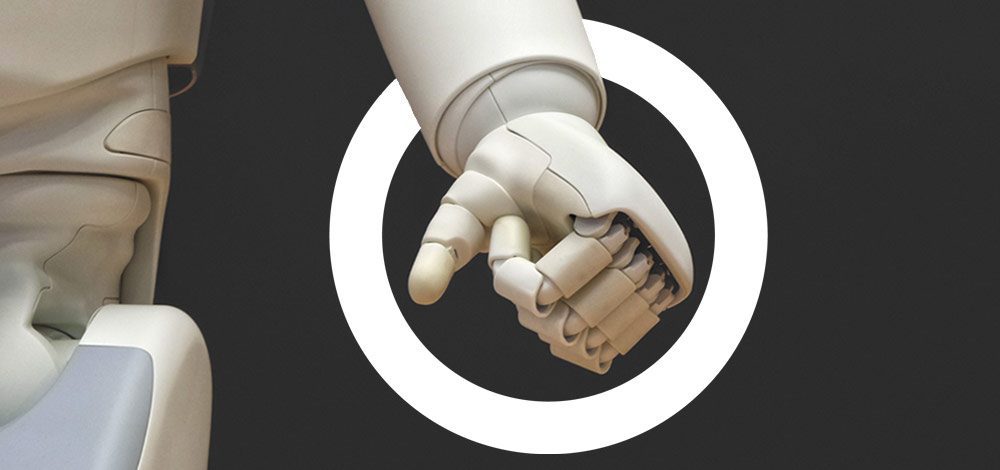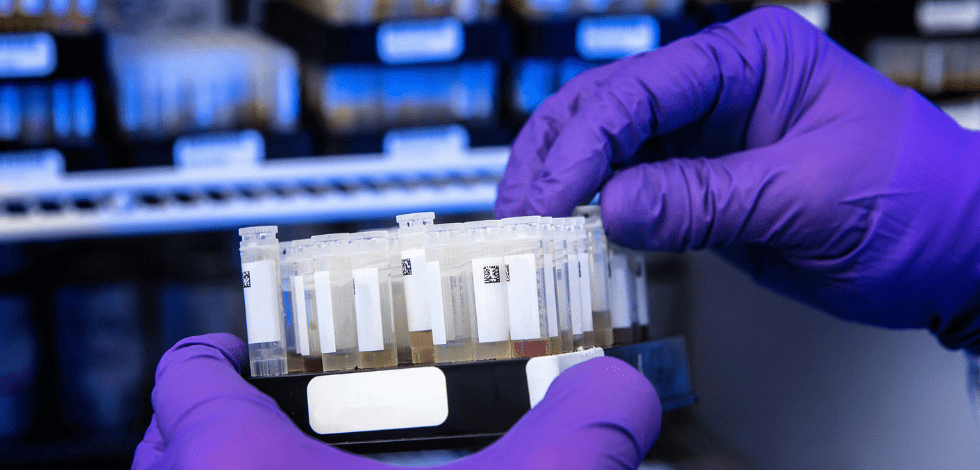We’re not the first people to feel that technology is changing faster than ever. The impacts of inventions such as the motor car, TV, the PC, and mobile phones have undoubtedly prompted similar responses down the decades. Seen up close, the changes you witness loom large and seem all the more rapid for it.
We are living at a time of transition to a new era. The digital revolution has not only changed and disrupted many industries and aspects of our daily lives. It is enabling and impelling further waves of profound change and innovation all around us.
Research indicates that the development of new capabilities using these technologies, is set to accelerate in 2019 and beyond, as the tech superpowers and a teeming eco-system of start-ups, vie to leap their technical barriers. These technologies complement and depend on each other as well, reflecting what might be called ‘the interconnectedness of all things tech’.
Rise of the Machines
Machine Learning (ML) is a data analytics technology, that endows computer systems with the ability to learn automatically and improve from experience, without being explicitly programmed. ML’s growing role in artificial intelligence, the big advances being made in this field and its take-up across industry, make it worth considering as a highly significant tech trend in itself.
Learning algorithms are central to the concept of ML. These algorithms build models that learn by processing a set of training data, that contains many permutations of input and output data. Given this learning experience, the model can then predict a desired output accurately based on new or existing input data. Machine Learning algorithms may use supervised, unsupervised or reinforcement learning.
Machine Learning in industry
The capability of ML systems to recognise patterns or predict outcomes, has a multitude of potential applications from gaming to engineering and the finance industry. Computer gaming company Nvidia, is researching how deep learning can teach robots to work alongside and support humans. The aim is to enable robots to learn simply from observing a person carrying out tasks. Its main project is the ‘kitchen manipulator’.
In engineering, ML techniques are involved in developing computer vision applications for drones and delivery robots. The technology is also crucial for face recognition services, that support payment authentication as well as, picture-analysis bank verification and security systems.
Big software houses have seen the potential of ML to deliver business services, and they’re promoting and facilitating its adoption. Google’s tensor processing units (TPUs) and Tensorflow Research Cloud provide enormous computing power, free of charge, to the machine learning research community ‘to support the next wave of breakthroughs’. Amazon has opened up its online training courses, offering the same curriculum used by its own engineers and scientists for free use. The courses cater for developers, data scientists, data platform engineers, and business people.
Big challenges require big datasets
One of the challenges to mainstream adoption of Machine Learning, is the quality and size of data sets available to effectively train ML models, during the application development process. It seems like service providers are competing for leadership in the supply of training data for ML projects. For example, according to business technology news website ZDNet, Google and Facebook boast training data sets comprising, respectively, 9 million and 3.5 billion images.
For more trends in technology, download your copy of ‘Complex change at warp speed’ here:













No Comments